Table of Contents
Elon Musk-led electric automaker Tesla is on the brink of entering the Indian market, with the Indian government preparing to introduce a policy shift aimed at boosting the electric vehicle (EV) sector. The government is considering extending concessional import taxes on electric vehicles priced above Rs 30 lakh (approximately $36,000) for 2-3 years. This policy would offer a significant incentive for high-end EV manufacturers like Tesla to establish a presence in India, which has been one of the most anticipated automotive markets for the brand. The move is expected to make Tesla’s premium electric vehicles more affordable, allowing them to cater to India’s growing affluent consumer base while setting the stage for a more sustainable automotive future.
This initiative is part of India’s broader strategy to reduce the cost of electric vehicles and promote domestic production, aligning with the country’s goals of generating employment opportunities and reducing carbon emissions. By encouraging automakers like Tesla to enter the market, India aims to create a more robust EV ecosystem, which includes manufacturing, infrastructure development, and skilled jobs in the green energy sector. Tesla’s entry could play a key role in transforming India’s transportation landscape, making electric mobility more accessible and accelerating the country’s transition towards cleaner, more sustainable energy solutions.

Tesla’s Negotiation with the Indian Government
Tesla is exploring the possibility of offering reduced import charges in exchange for bank guarantees for an investment in constructing an electric vehicle manufacturing facility in India. Presently, India imposes a 100% import duty on automobiles valued above $40,000 (about Rs 33 lakh) and a 60% duty on cars below that threshold.
However, Tesla has expressed its willingness to invest up to $2 billion contingent upon the Indian government implementing a 15% import levy on imported electric vehicles during the initial two years of operation.
Government’s Incentive Structure
To expedite investments and facilitate the establishment of local manufacturing units, the government has opted to temporarily reduce import taxes in return for bank guarantees. The specific amount of the bank guarantee is yet to be finalized. These bank guarantees serve as a safeguard mechanism, allowing encashment in case corporations fail to meet investment deadlines.
Industry’s Reaction and Concerns
While Tesla’s potential entry into the Indian market has sparked enthusiasm, local automakers remain cautious. Concerns have been raised regarding the potential unfair advantage Tesla might enjoy in the absence of a concrete investment plan. Anish Shah, the managing director of Mahindra & Mahindra (M&M), recently voiced concerns and emphasized the need for a level playing field.

He highlighted the importance of encouraging global electric vehicle (EV) manufacturers to invest in India to bolster the domestic industry. Shah’s remarks, made at the World Economic Forum in Davos, underscored the imperative of creating a robust indigenous manufacturing ecosystem rather than solely relying on imports.
Local Players’ Contribution
Homegrown auto majors like Tata Motors and M&M are already actively involved in producing EVs locally, showcasing the potential for a vibrant and competitive domestic EV industry.
Tesla’s potential foray into the Indian market marks a significant development in the country’s electric vehicle landscape. The ongoing negotiations between Tesla and the Indian government, coupled with the concerns voiced by local industry players, highlight the delicate balance between attracting foreign investment and safeguarding the interests of domestic stakeholders. As India moves towards promoting sustainable mobility solutions, fostering collaboration between global players and indigenous manufacturers will be essential for achieving long-term growth and development in the EV sector.


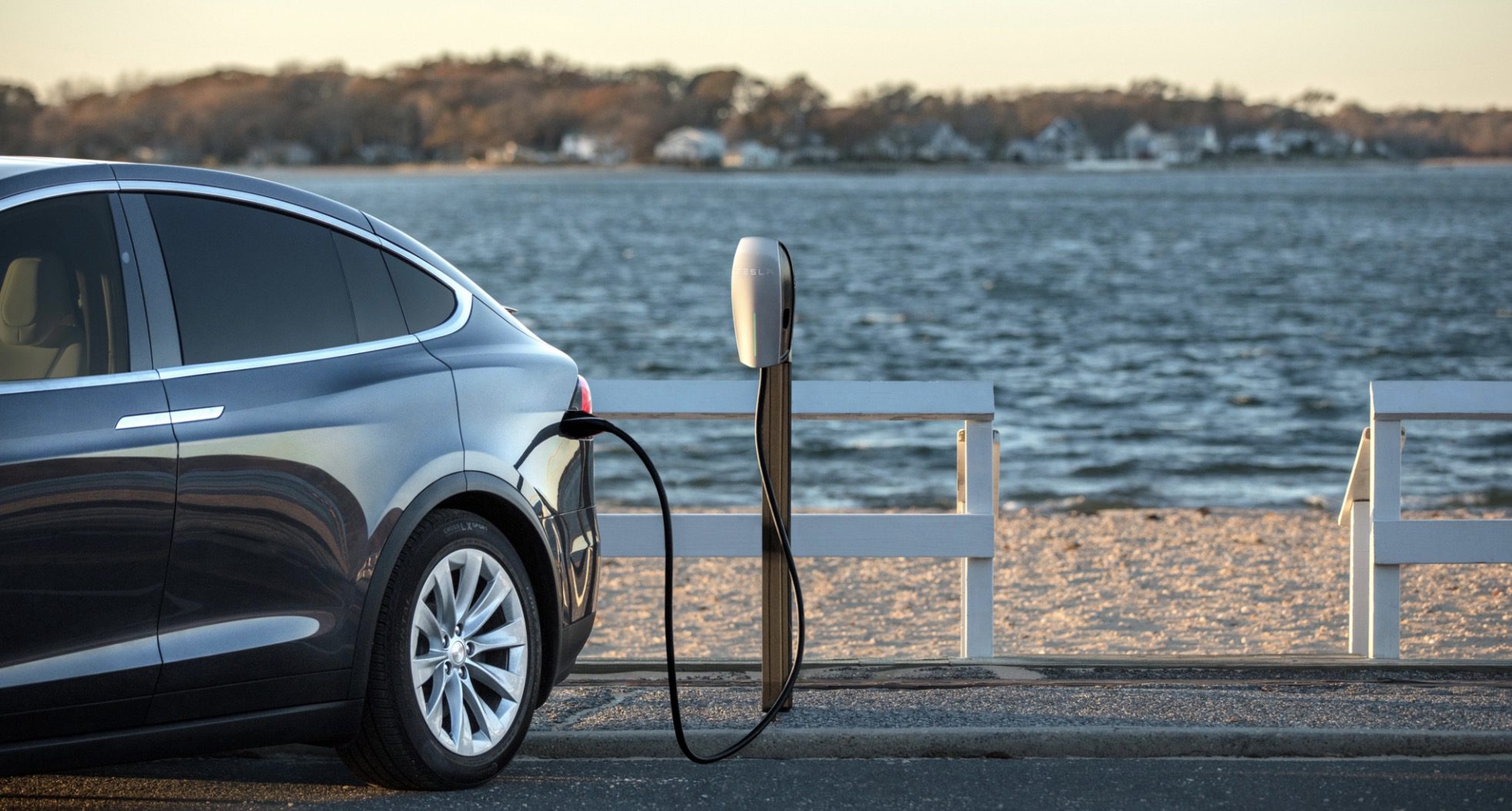
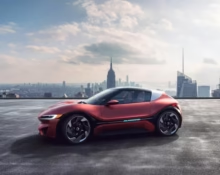

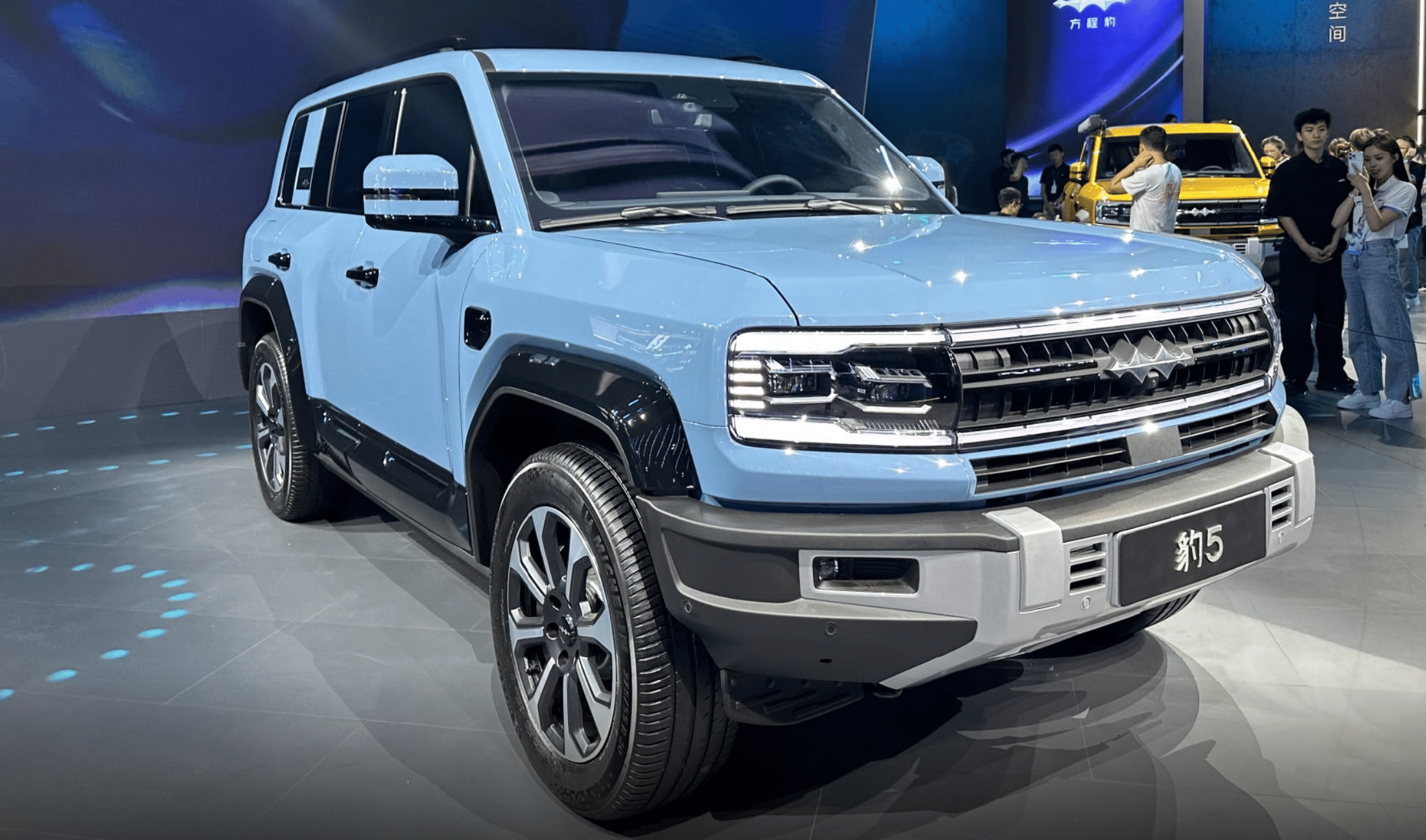
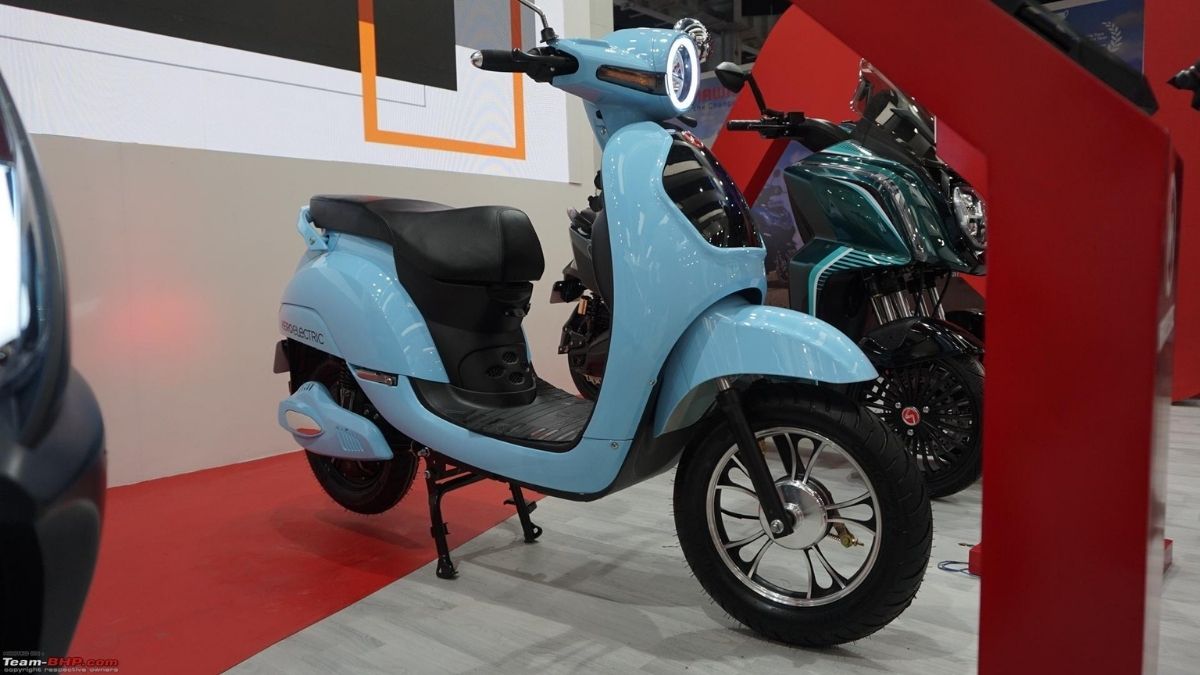
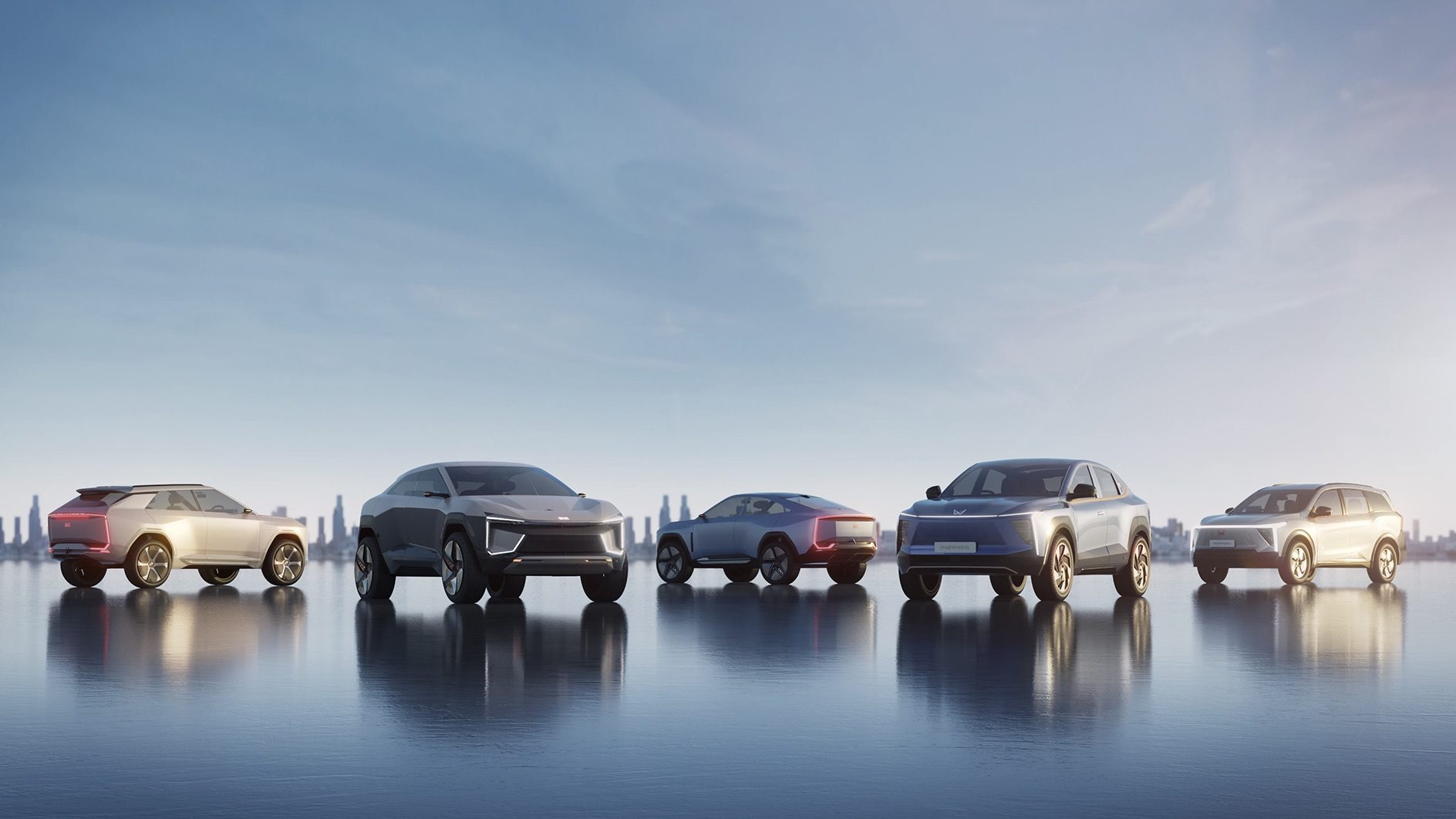
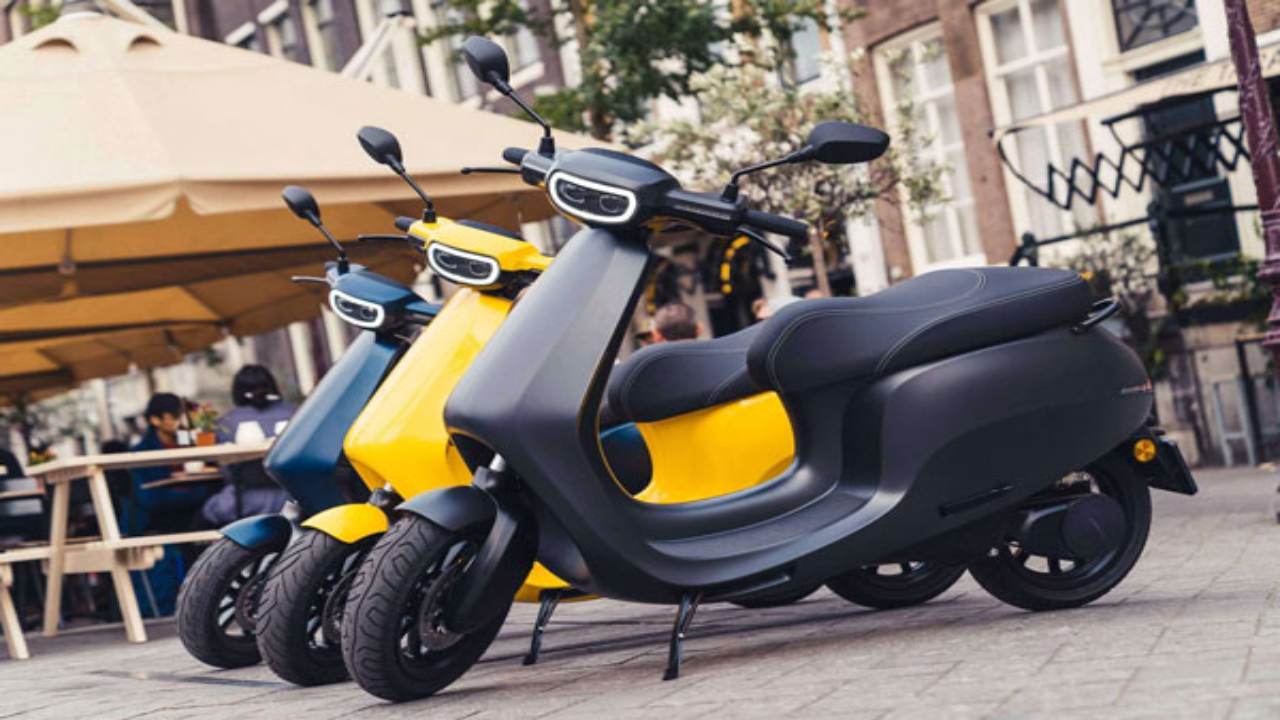

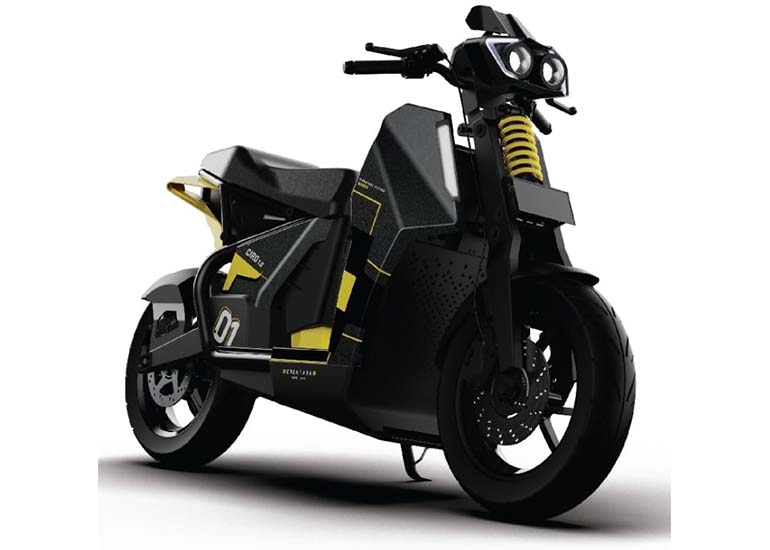
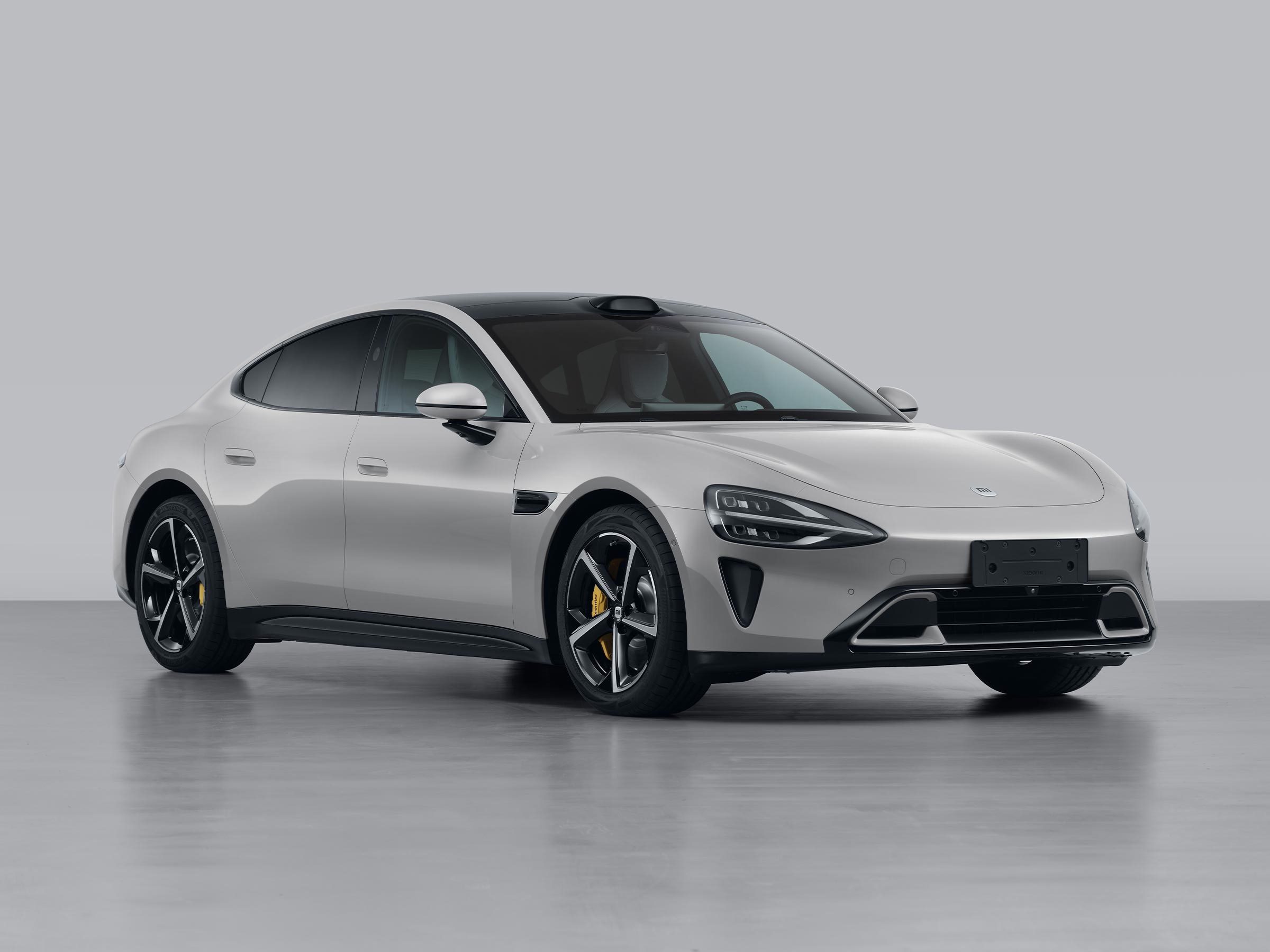

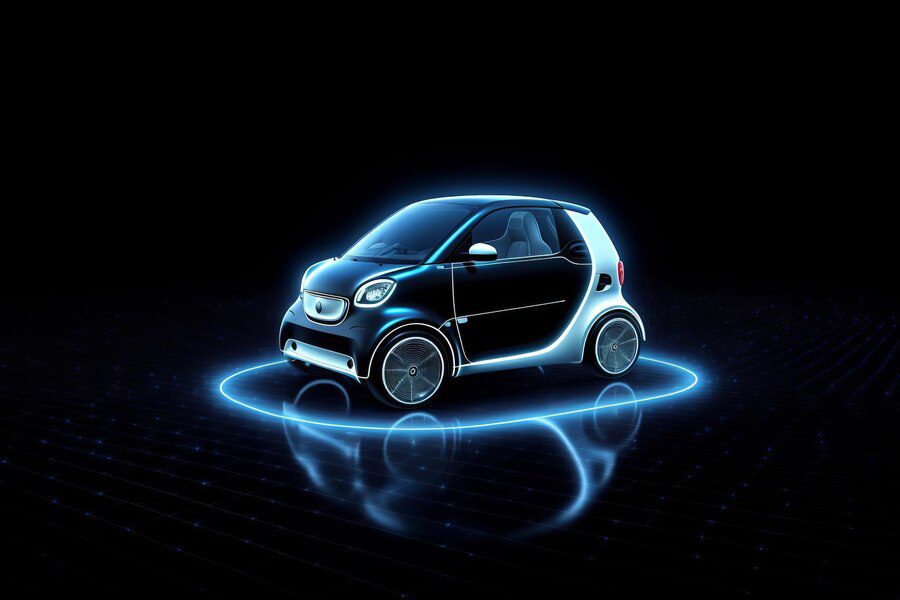
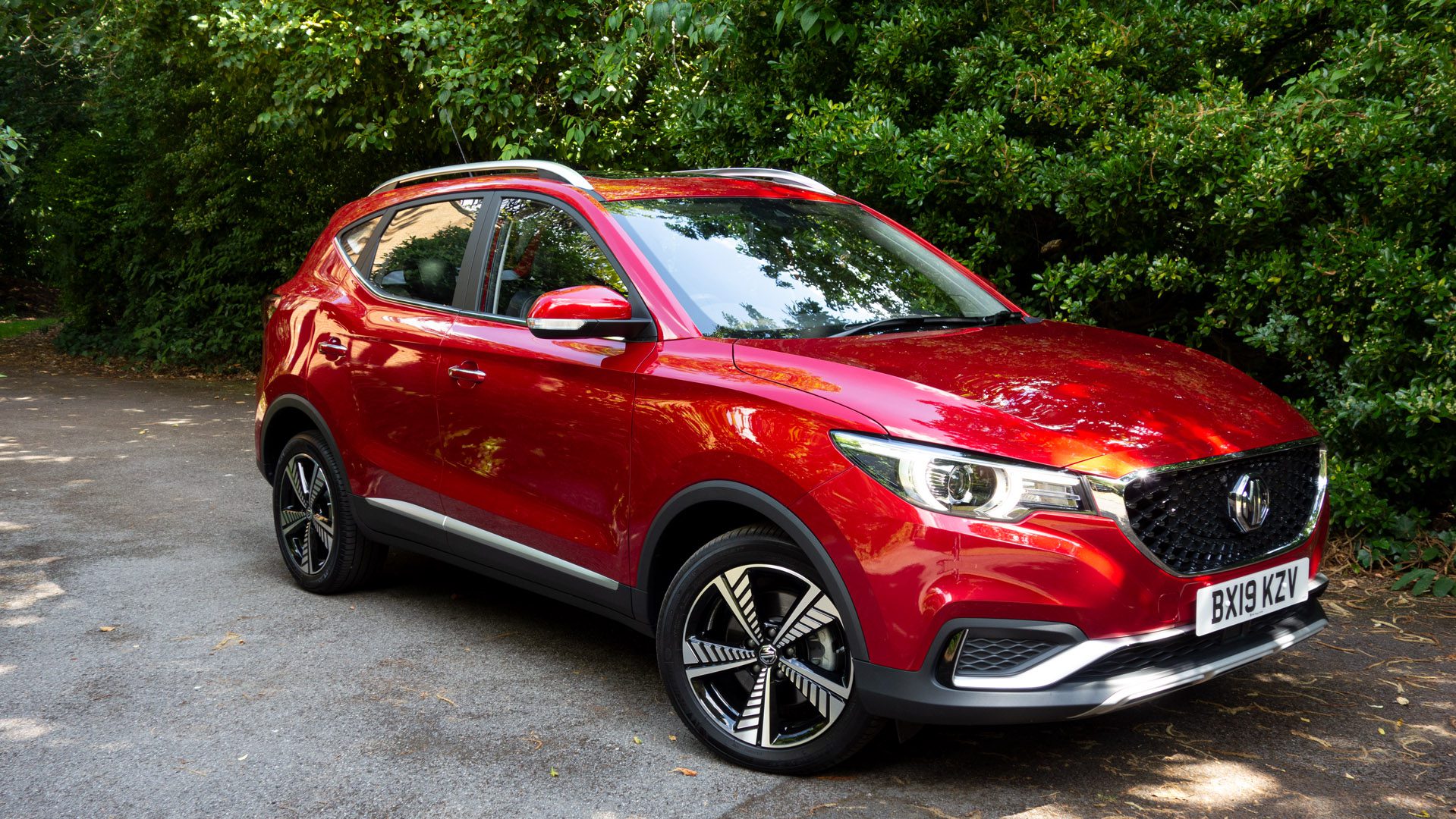






Leave feedback about this